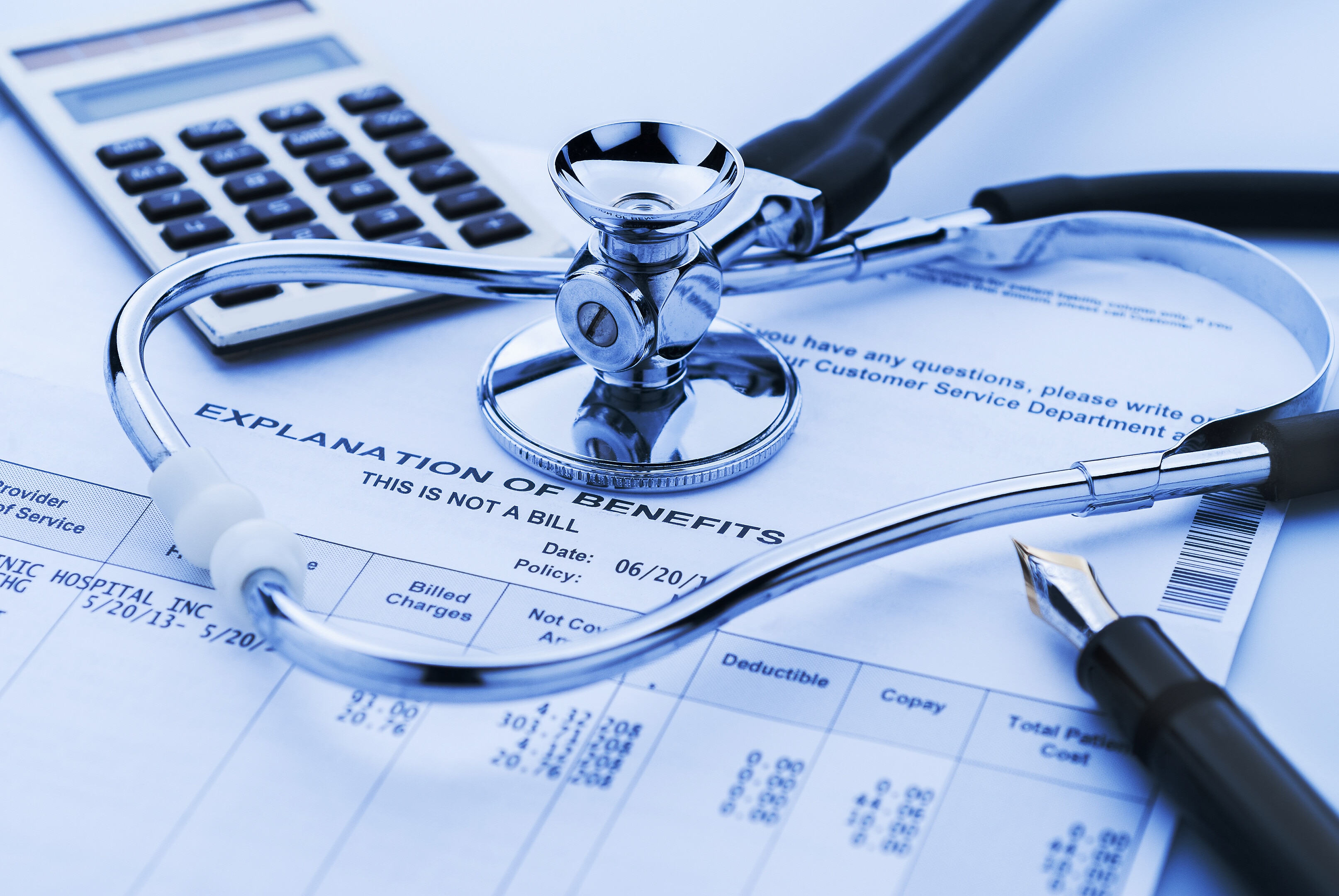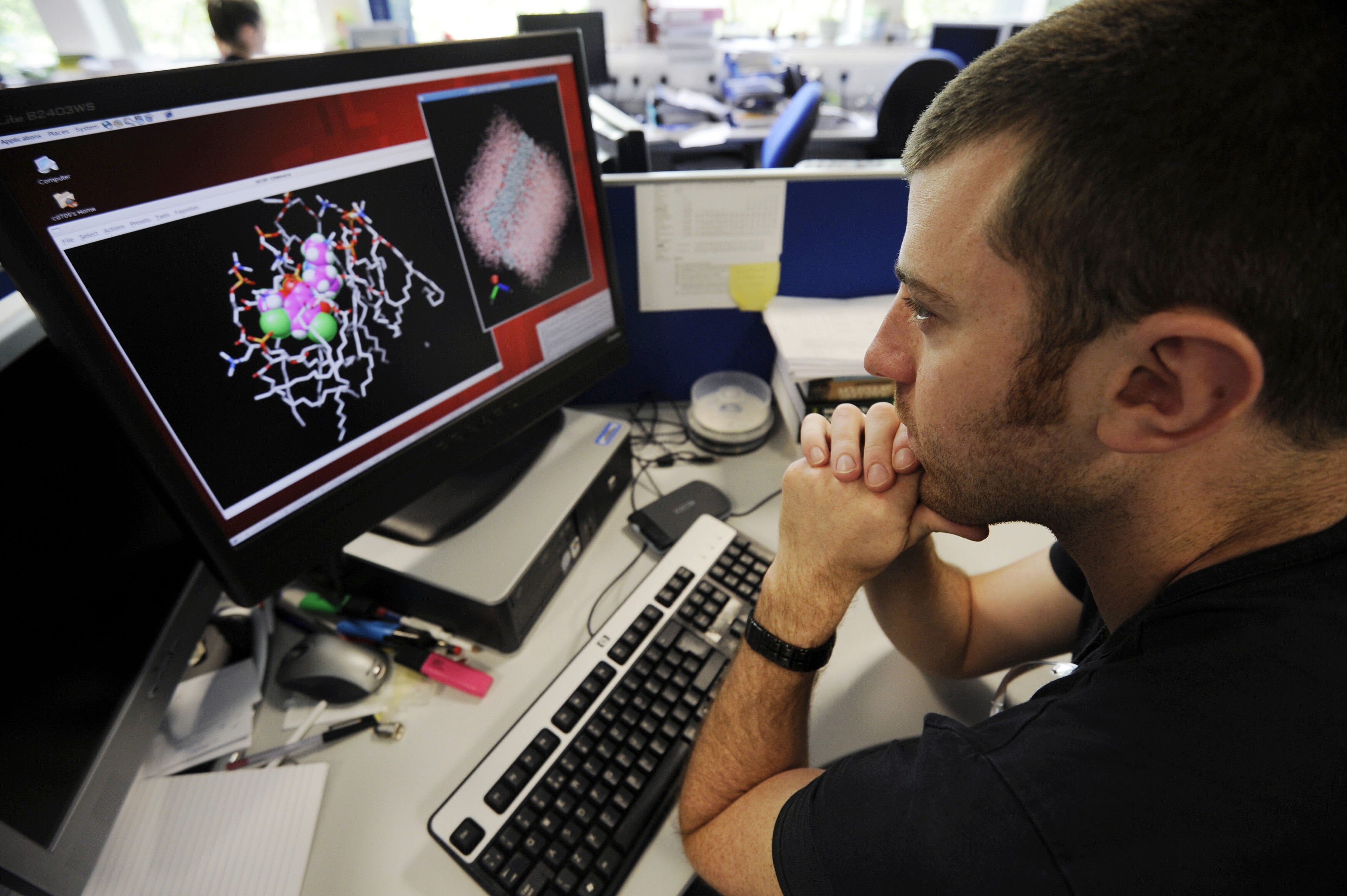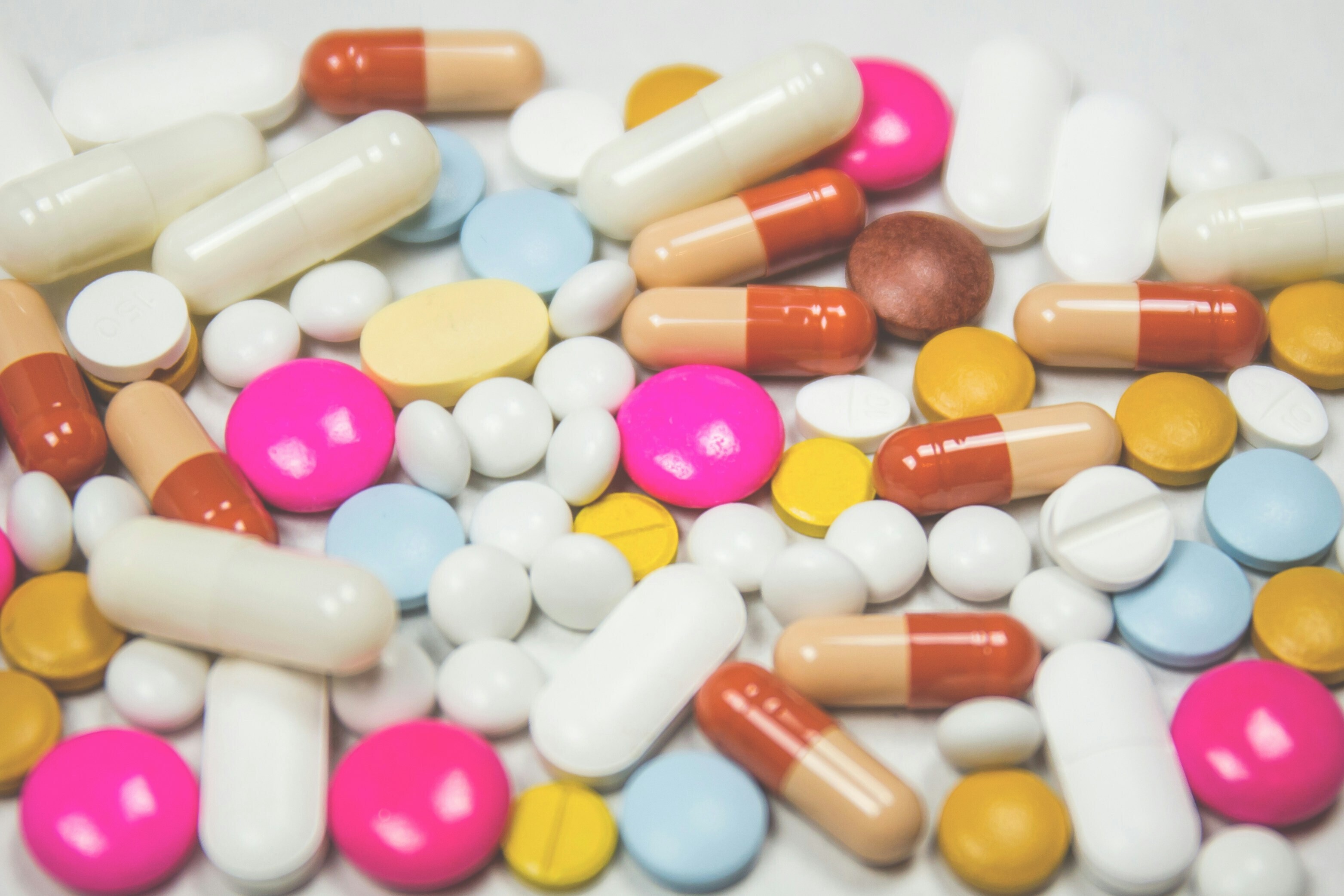Nanomedicine could revolutionise the way we treat TB. Here’s how

At present, TB patients have to take multiple pills a day, often with significant side effects. Image: REUTERS/Mariana Bazo
Sarah D'Souza
Postdoctoral Fellow in the Tuberculosis Nanomedicine Research Group, University of the Western CapeTuberculosis is one of the world’s deadliest infectious disease. Worldwide, there are still about 10.4 million cases of TB and 1.7 million deaths every year.
One of the reasons it’s been hard to bring the disease under control is that the drugs used to treat it require a gruelling regimen and can be toxic. This means people very often don’t finish the course.
TB treatment lasts for six months and uses a combination of four antimicrobial drugs taken in large, daily amounts. The reason for the large daily dose is that these drugs are poorly absorbed; even when a drug gets to the infected site, only a portion of it will enter the affected tissue and fight the bacteria. They are also quickly eliminated from sites of infection by metabolic body functions.
These medicines also exhibit considerable toxicity such as liver damage, painful tingling in the hands and feet as well as joint pain. That’s because they don’t just target the infected areas of the body.
In some instances, the medicines are only available as injectables into the muscle, which is a painful procedure – and require daily clinic or prolonged hospital stays.
All of this leads to poor adherence to treatment among TB patients – and, ultimately, contributes to the generation and transmission of drug resistant TB strains. These are even harder to treat, with treatment lasting up to two years.
But there may be hope for TB treatment, in the form of nanomedicine. Tests are already being done on animals. And we are just two of many researchers from around the globe doing research at the nexus of nanomedicine and TB at the University of the Western Cape.
How nanomedicine works
Nanomedicine is the use of nanotechnology to either diagnose or treat a disease. Nanotechnology, simply put, is the creation of structures which are in the nanometer size range. One nanometer is equivalent to the diameter of a strand of human hair that has been divided ten thousand times. Human DNA is about 2.5 nanometers in diameter. Advances in science now enable scientists to engineer these tiny structures and load them with TB drugs to deliver them to infected sites in the human body.
Nanoparticles can be loaded with a variety of types of drugs such as proteins, DNA or even extracts from plants. Multiple drugs can be loaded in a single nanoparticle or a mixture of nanoparticles, each containing a single type of drug, can be administered. Nanomedicines can be administered into the human body through swallowing, inhaling, injections or via the skin.
Nanomedicines are already being used by patients for the treatment of cancer; examples include Doxil® and Abraxane®. Another nanomedicine, Diprivan®, is used as an anaesthetic.
Researchers believe that nanomedicine could help TB patients enormously. They would need to take less medication for a shorter duration, with fewer side effects. And, hopefully, the drugs will be cheaper. There are already animal trials underway to test these hypotheses.
Our ongoing research focuses on the application of nanoparticles to target cells of the immune system known as macrophages. These are a major harbour for the bacteria that causes TB; Mycobacterium tuberculosis.
Mycobacterium tuberculosis is able to multiply within the macrophages and escape elimination by the body’s immune system. Nanoparticles can be used to deliver immune-modulating signals to macrophages to turn these harbour sites into hostile environments for Mycobacterium tuberculosis.
This form of immunotherapy holds great promise: it could prevent the generation of drug resistant TB strains, since the body’s own immune system is used to kill the bacteria.
Targeting TB
The reason that nanoparticles hold such hope for TB treatment is that they can be carefully targeted. That’s because nanoparticles are able to make the drugs more available at the sites of infection by protecting them from breakdown prior to reaching the site. And there’s a greater uptake of the nanoparticles into infected sites.
Nanoparticles can also be localised to only the sites of infection. This can be achieved in two ways. First, scientists can attach chemicals to the nanoparticles’ surfaces which serve as “homing devices” and target them to desired sites. Second, nanomedicines can be inhaled so they’re localised in the lungs – the centre of TB infection.
The TB drugs, then, would only act at the necessary sites. Less medicine would be needed and toxic side effects would be reduced.
In addition, nanoparticles can control the rate at which the drug is released, extending the duration of the drug within the sites of infection. This would have significant implications for TB patients who have to take numerous drugs daily for long periods of time. Under these circumstances, more patients are likely to complete their courses, reducing the occurrence of drug resistance.
It’s hoped that these TB-specific nanomedicines will make it to human trials over the next few years, prove to be safe and effective – and start doing the important work of tackling this debilitating disease.
Don't miss any update on this topic
Create a free account and access your personalized content collection with our latest publications and analyses.
License and Republishing
World Economic Forum articles may be republished in accordance with the Creative Commons Attribution-NonCommercial-NoDerivatives 4.0 International Public License, and in accordance with our Terms of Use.
The views expressed in this article are those of the author alone and not the World Economic Forum.
Stay up to date:
Precision Medicine
Forum Stories newsletter
Bringing you weekly curated insights and analysis on the global issues that matter.
More on Health and Healthcare SystemsSee all
December 22, 2025







